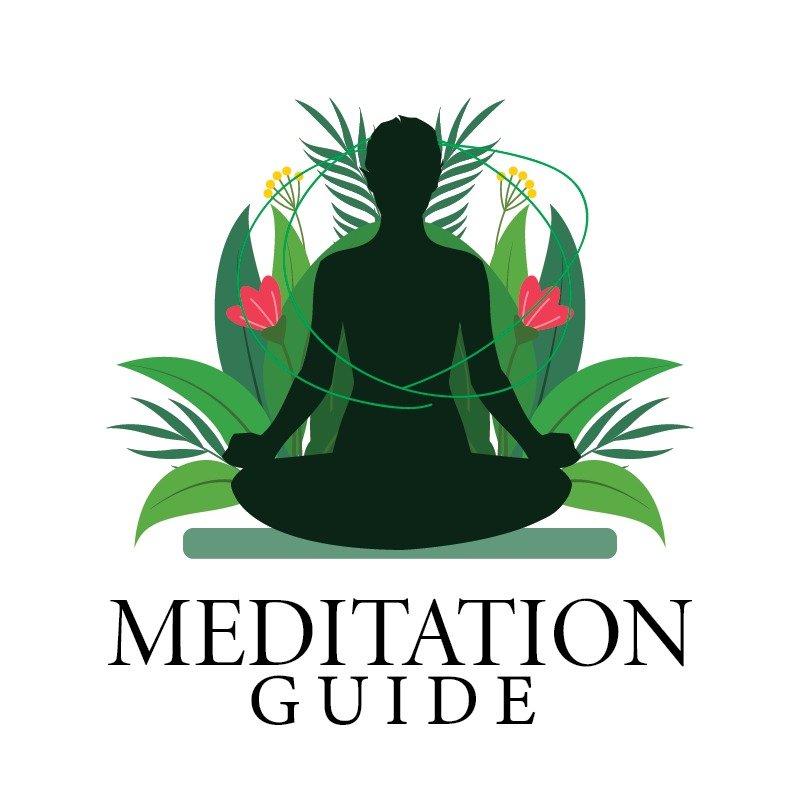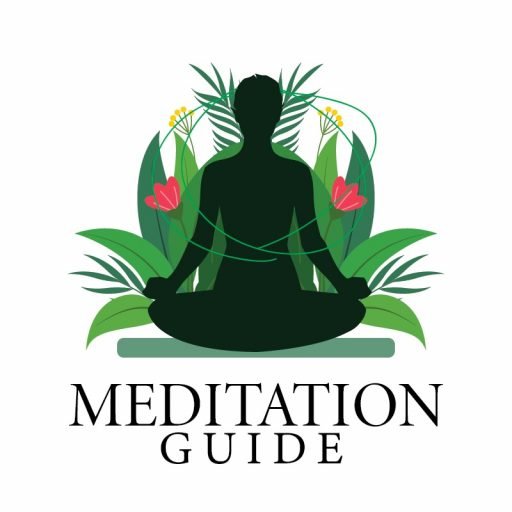
Meditation has been around for thousands of years. From Buddhist monks to various traditions across the world, it’s clear that meditation is an important part of many people’s lives. But only recently has the connection between meditation and physical health become clearer.
It turns out that simply taking time to meditate can have some major benefits on your physical health. Not only does it help you achieve a state of calmness and peace, but it can also alleviate pain, reduce stress levels, and even improve your immune system! Here are some more ways meditation can affect your physical health.
What Happens to Your Body After Meditation?
Many people wonder what happens after meditation. The answer largely depends on your physical state, but common experiences include peace, calmness, and mental clarity. Once you reach this deep state of relaxation, your conscious mind and spirit will be quieted.
The body and spirit are in a unified state of peace, which is accompanied by a sense of well-being. Once you reach a state of deep meditation, your mind will be free of negative self-talk and focus entirely on deep breathing.
After meditation, your body will release natural chemicals related to happiness. Serotonin, oxytocin, and dopamine will be released.
These chemicals are important for your well-being, and they can even help you cope with tough times. As your brain becomes more balanced, you’ll be more likely to meditate. As you improve your practice, you’ll also see an improvement in your general health and wellbeing.
During a meditation session, your body will switch from a sympathetic to a parasympathetic state, which helps your body relax and reduces stress. This makes the transition from meditation to activity much easier and more effective. During your meditation, your heart will also slow down, which will make your thoughts calmer. It will help your heart to be stronger, and your heart will beat at a slower rate.
You may experience sadness, restlessness, or anger after meditation. All of these symptoms are common after meditation and depend on your body’s physical state and your intention. Although it may be tempting to let go of thoughts, you should realize that they are just a reflection of the nature of the experience.
While you’re meditating, your mind is still producing alpha and theta waves. In this state of mind, your body is calmer and your emotions are more relaxed.
After meditation, you may notice a decrease in your breathing rate. Your breathing will return to normal after meditation, but this change will occur gradually. If you meditate for ten minutes, you’ll likely end up feeling refreshed and relaxed. If your breathing rate has decreased, you’ve mastered meditation.
But you can also use a conscious time limit. For example, you may tell yourself that you’ll return to full consciousness after 30 minutes.
Your body will be more aware of your surroundings, and you’ll be more able to concentrate and focus on tasks. You may also feel a more positive sense of compassion for others.
While this might not seem like a big change, it’s important to recognize that the effects of meditation can last for a long time. It’s vital to remember that the mind can be a heightened state of awareness that can lead to increased creativity and improved memory.
The Physical Benefits of Meditation
Meditation can reduce anxiety and even prevent or treat chronic pain. It helps regulate emotions, improves sleep quality, and lowers blood pressure. It can even reduce social anxiety and obsessive-compulsive behavior, which can lead to weight gain.
Also, regular meditation also reduces stress and increases willpower, making it a good choice for people with anxiety and depression. It can also reduce the symptoms of social anxiety, depression, and obsessive-compulsive behavior. Finally, it can also help individuals developmental discipline that can prevent and overcome bad habits.
Another physical benefit of meditation is improved sleep. It induces deeper and more restful sleep. While most people suffer from insomnia, this practice helps them achieve a sounder sleep.
It helps address lingering thoughts and can even help them go to the bathroom. In addition to enhancing their quality of life, meditation helps them to deal with difficult situations that might otherwise keep them awake. It also enhances their mental state.
Insomniacs have found it a great aid for getting a good night’s sleep.
Meditation is also known to reduce stress and improve the immune system. In addition to these benefits, meditation also has a number of other physical benefits.
For example, studies have shown that long-term meditators have increased gray matter in the auditory and sensory cortex. It can also increase energy and reduce heart disease and reduce pain.
It can improve the immune system. Hence, regular practice of meditation has many advantages in terms of your physical health.
Meditation can also improve emotional wellbeing. It helps you to improve your patience and tolerance levels, which are important in coping with stress and conflict. You will be able to cope better with difficult personalities or people who have different political views. It can help you to get over your depression and stress. This is an invaluable benefit that will last a lifetime. If you practice meditation, you’ll feel more at peace with your mind and body.
Some research has also demonstrated that daily meditation can improve brain function. It can improve your problem-solving skills, reduce your anxiety, and even improve your immune system.
So, the physical benefits of meditation are worth it. You’ll feel calmer, happier, and more focused when you practice it on a daily basis.
The physical benefits of meditation are numerous. As a mother, meditation can be a tremendous help when you’re feeling down. It can also improve your concentration and self-awareness.
Conclusion
As a society, we’ve become more and more stressed. The hectic pace of life, hour-long commutes, and an over-saturation of screens mean that many people are struggling to get enough sleep or to stay healthy. Meditation is a practice that can help with both issues.
The benefits of meditation include feeling less stressed, having better sleep quality, and being able to focus better on the task at hand. By taking just 10-20 minutes a day for meditation, you can start reaping these benefits in your daily life.







